Autistic TikTok creator challenging assumptions around Autism

Social media, especially TikTok with its short and snappy format, has become a valuable tool for Neurodivergent creators in challenging stereotypical perceptions around neurodiversity- creators are sharing their insight, whilst helping others gain a more accurate understanding of Neurodivergent brains.
For Rachel, she has found social media a useful way of advocating for a better understanding of Autism and ADHD, through her blog and popular TikTok account.
Rachel started posting TikTok clips – signing songs that not only gave Deaf users access but helped ‘defragment’ her brain. As she continued posting, she discovered a space to explore more about Autism and ADHD, connect with others and increasingly share her experiences. Rachel has now gained a following of over 33.7k, providing a way for Rachel to help redefine stereotypes that surround Autism and ADHD.
“I’d love for people to see that being Autistic-ADHD is not inherently negative, and being Autistic-ADHD should not be considered a deficit. I don’t lack social skills, I have great Autistic social skills, my non autistic social skills are likely better than many non autistic people’s autistic social skills. The way I experience and react to the world is different – not wrong. Some might see a 6 but I see a 9.
We absorb every detail whereas the Predominant Neurotype (PNT) take on only what their filter allows. Autistics are left with a trolley full – PNT’s have a hand-held basket. Each one puts their shopping through the till at the same speed, the PNT completes first, but they were not quicker”
But Autism does not exist in a vacuum – as Dr Luke Beardon’s Golden Equation clearly demonstrates: Autism + Environment = Outcome. Forcing Autistic people to conform to ways PNT brains experience the world only leads to unnecessary stress. Rachel advocates that Autism is not the problem, but the rigidness of society.
In fact, one study shows that 47% of Autistic people fall into the category of having severe anxiety. Autistic people are also 9 times more likely to end their life.
Anxiety isn’t an inevitable consequence of autism, it is the result of continual stress from feeling like a square peg being forced through round holes.
Limited understandings are still prevalent – for instance, getting a diagnosis for a child can be an uphill battle, and trying to get one as an adult isn’t any easier. Rachel was one of many adults looking for a diagnosis later in life – hers came 4 years ago at the age of 40.
“Up until my diagnosis, I thought I was broken and a monster – it had always been assumed I wasn’t very clever or likely to achieve. These same assumptions were still being made when I sat at my child’s parents’ evening 35 years on. The problem was never the Autism or ADHD it was the criteria we were being assessed under – like fish out of water – we were never going to succeed.
“I had to fight for my child’s Autism and ADHD assessments because no one believed me and I feel this to be an issue of epidemic proportions because I am well aware that my story eerily resembles that of other Neurodivergent parents who tirelessly struggle to get their children the correct labels so that the wrong labels don’t get a chance at filling the void that could destroy them as they did me.” Rachel said.
And in schools, the typical ways of learning combined with the visual and auditory noise that a busy mainstream classroom presents may not be suited to Autistic brains, causing undue stress and the feeling of failure.
“One of my children, then aged 6, expressed that he felt like a failure because his friends could do the school work he couldn’t. The National Curriculum – tailored for a very specific skill set – often leaves neurodivergent brains with no space to grow as nature intended. I don’t believe it is rocket science – if a plant isn’t doing well, we don’t look to change the plant, we look to change its environment.” Rachel said.
A key driver of Rachel’s content is to give access to real life experiences in the hope that more people gain awareness of the everyday challenges that society can bring for Autistic-ADHD people, and create a network of support.
It’s not that society needs to be flipped entirely towards Autistic brains, or that people should change the ways of working that suit them – but that we create a society able to adapt to all brains and give everyone space to succeed and live happily rather than just cope.
Rachel wants to show that neurodivergence is something to be celebrated and not pathologised, enabling others to feel a sense of belonging and empowerment.
With special thanks to Dr Luke Beardon, Shona Murphy, Jenn Layton-Annable and Jodie Smitten for their continued support.
Rachel’s blog can be found at Little Bear in the Wood, and her TikTok at @auticulate.



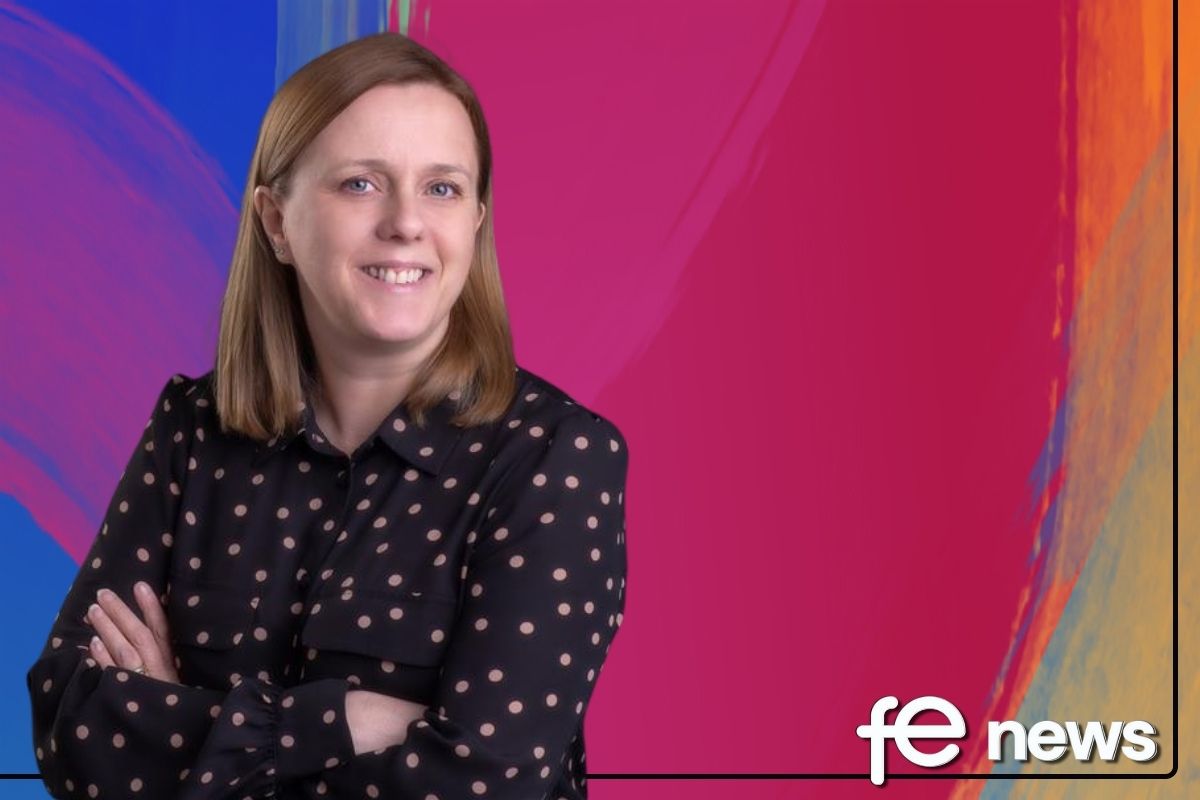


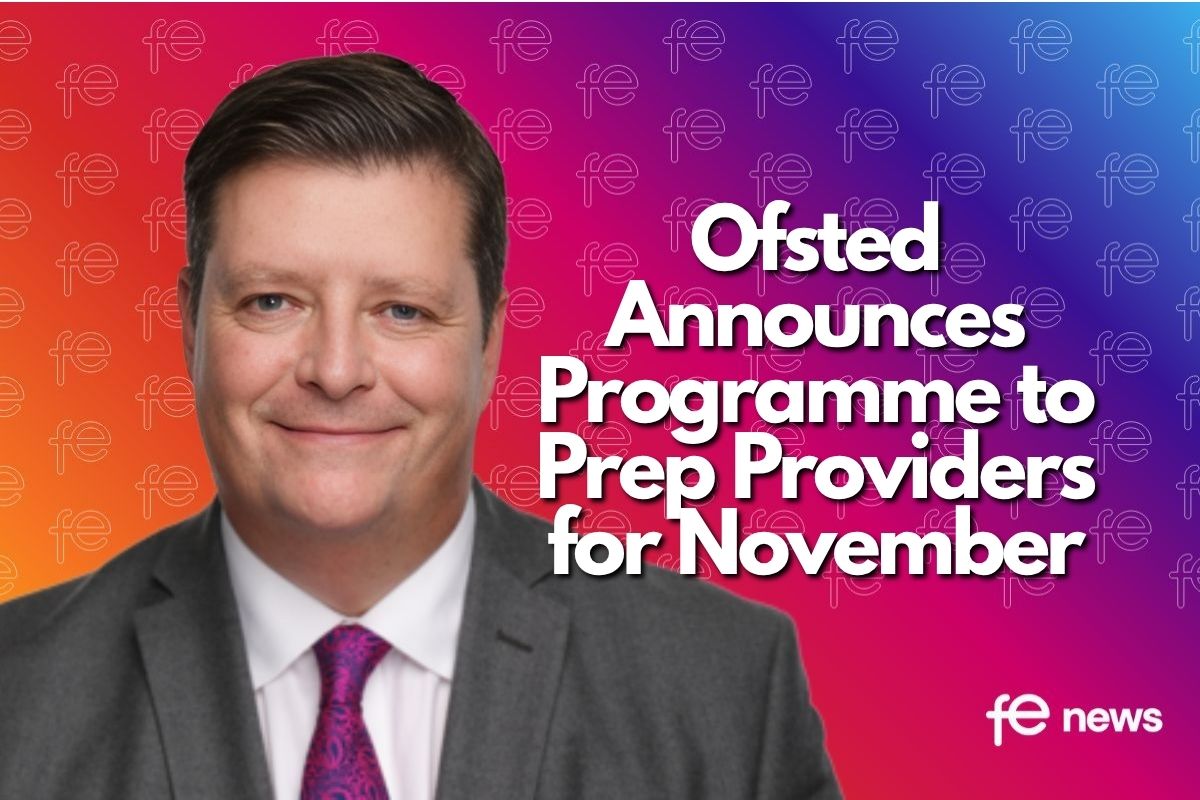
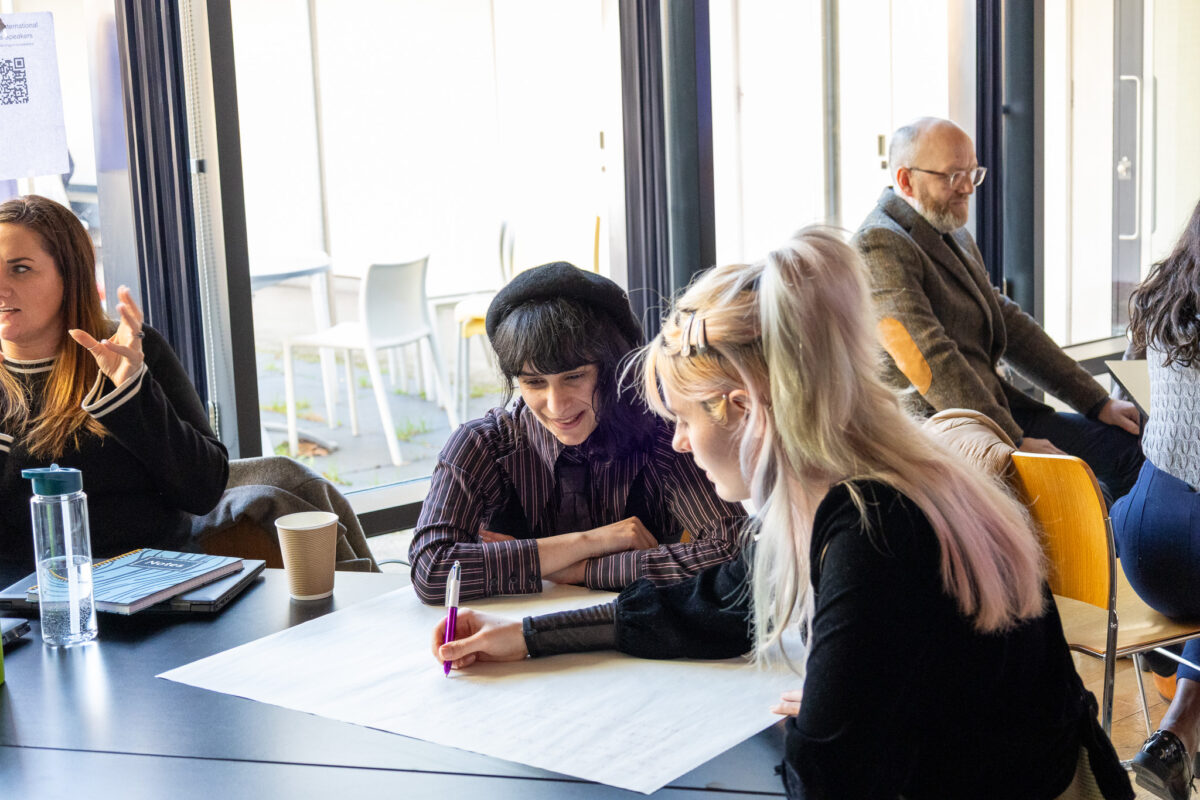
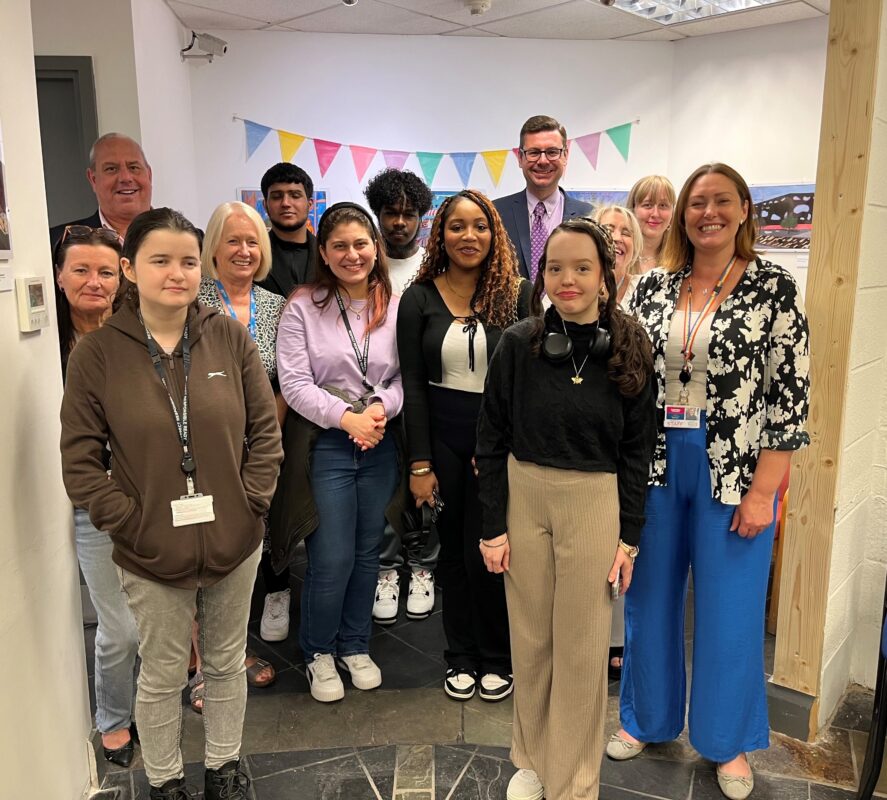

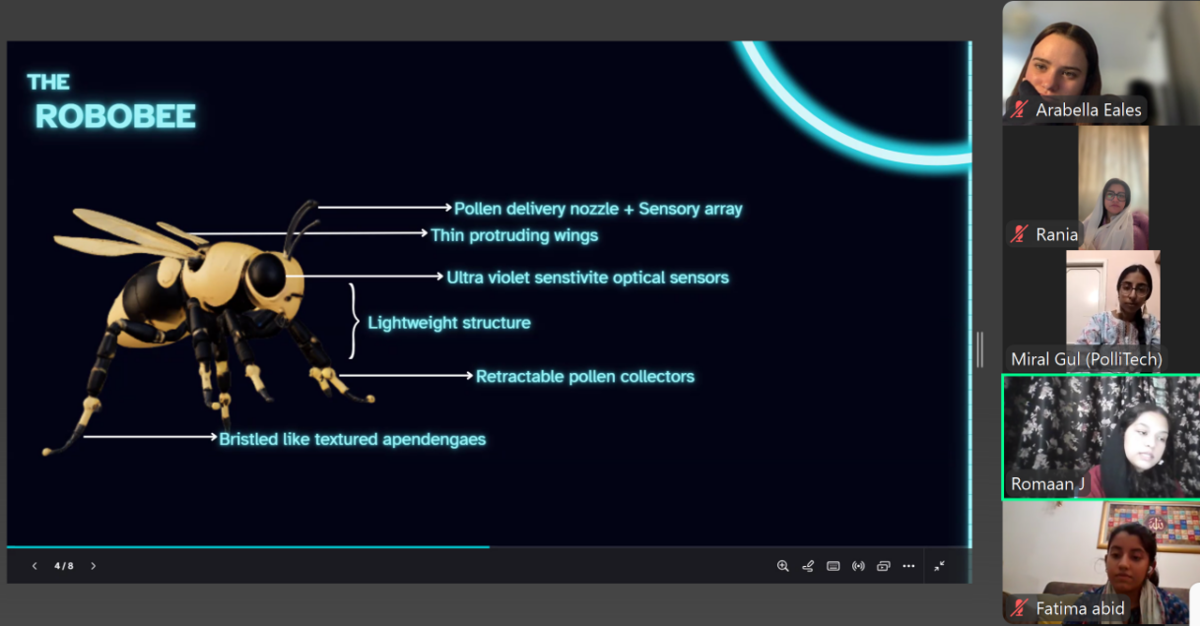
Could you please post a link to Rachel’s TikTok, so we can see her videos?
Hi Cassie, I have added the link in at the bottom 🙂